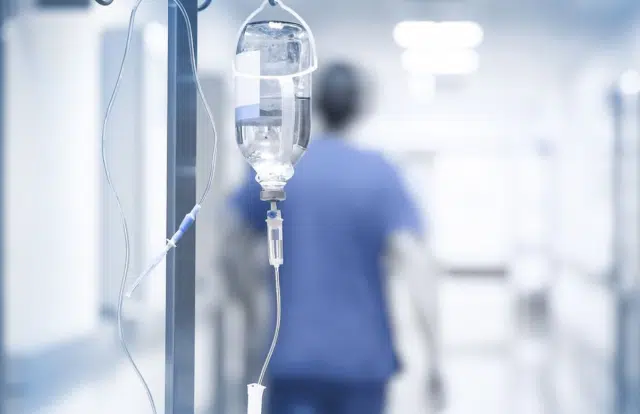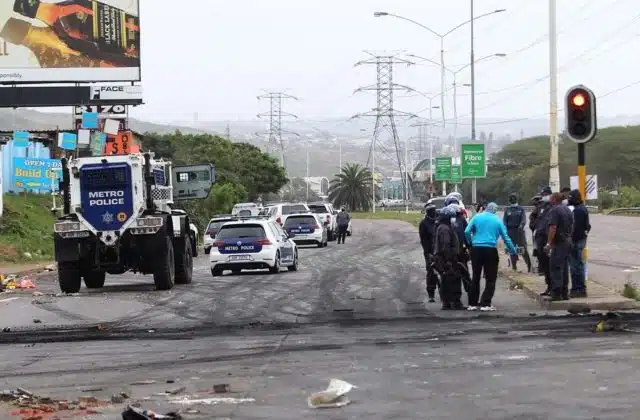
Deep crisis for hospitals in South Africa
South Africa’s critical private and public hospitals are facing an onslaught of challenges making it harder to care for patients – with extended load shedding exacerbating a skills shortage in the sector.
Speaking to ENCA, chairman of the South African Medica Association (SAMA) Mvuyisi Mzukwa said that there is a huge possibility that vulnerable people going into theatre, having a child at a hospital or in ICU could face serious complications because of load shedding.
He has called on the government to take action and exempt all hospitals from blackouts: “It is important we do it as quickly as we can.”
South Africa has experienced the worst load shedding it has ever seen on record this past week, with stage 5 blackouts persisting for most of the week.
The national power utility on Sunday (25 September) announced that stage 3 load shedding would continue to be implemented during the day between 00h00 and 16h00, escalating to stage 4 during the evening peaks between 16h00 and 00h00.
Mzukwa said that power surges have been ripping through medical equipment, and despite there being battery backups or generators in some hospitals, when load shedding reaches the higher stages, such as Stage 5 or 6, they cannot sustain energy for long enough.
Backup systems due to poor maintenance also often don’t kick in on time or at all – systems need to be able to supply the electricity in seconds as soon as a blackout occurs, said Mzukwa. SAMA has not been alone in calls for intervention, with the Health Professions Council of South Africa (HPCSA) echoing its sentiment.
In a statement by the council’s president, Simon Nemutandani, load shedding was said to be crushing hospitals across the country.
According to HPCSA, over 80% of the population relies on the public health system, with 420 state-run hospitals and 3,000 state-run clinics that often do not have backups.
Nemutandani added that load shedding has placed strain not only on the sector but its workers – interrupting their daily routine and making it harder to do their job.
On Monday (26 September), the Department of Health under Joe Phaala announced that it would give an update on the impact of load shedding on the healthcare sector this week.
Phaahla said he was concerned about the situation for but expected load shedding to ease. He has now ordered that the Director-General work with provincial heads and finalise an assessment.
He said the department is also looking at ways to exempt hospitals from load shedding.
Low staff numbers
As a result of poor working conditions and pay, many of South Africa’s skilled medical staff are seeking work elsewhere.
To combat this, the Department of Home Affairs August added new skills to the country’s critical skills list – many of which include medical practitioners and individual specialisations.
Despite this, hospital groups have voiced frustration over the government’s failure to address the decreasing number of medical practitioners, especially nurses. The Hospital Association of South Africa (HASA) said that nurses in the country are reaching retirement age without the necessary inflow of younger employees.
Private hospital group Life Healthcare said that at the end of December 2020, there were over 21,000 nurses in training, but the country needs as many as 26,000 additional nurses to meet growing demand.
Earlier this year, Craig Comrie, CEO of professional health insurance scheme Profmed, said that he had witnessed a substantial exit of medical professionals over the last three to five years.
“The sad reality is that South Africa’s abilities to produce quality medical specialists have also deteriorated over time as a result of emigration, leaving fewer opportunities for specialised training,” he said.
“Instead of increasing the supply of doctors, we need to retain the skilled doctors we already have by creating and maintaining favourable and secure working conditions with market-related remuneration, cultivating interest and opportunities for more medical graduates in the public and private healthcare space.”
Read: Government in talks to exempt critical hospitals from load shedding.



